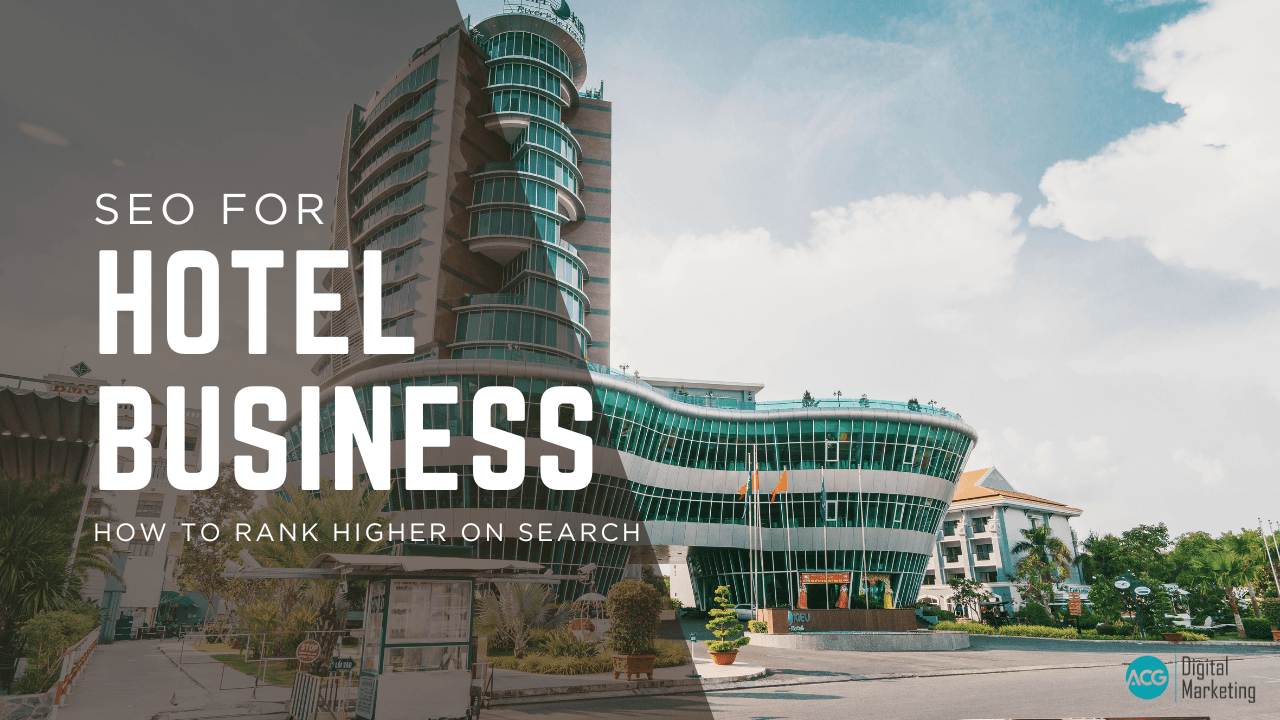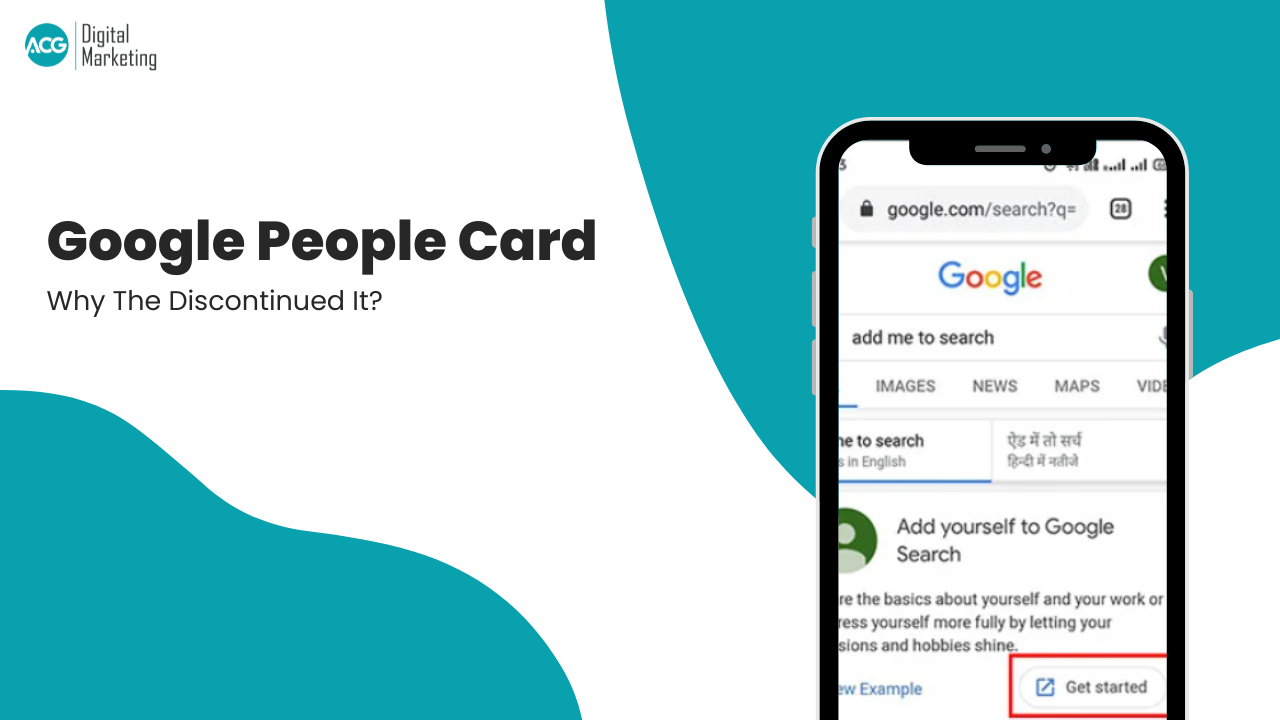Hoteliers competing for business in today’s volatile hospitality sector must also ensure they’re easily accessible online. Instead of depending on third-party booking services for direct reservations and customer acquisition, hotels may increase direct reservations directly and expand customer reach while increasing SEO optimization with hotel SEO strategies.
Optimizing a hotel website, raising local search rank rankings, and creating engaging content targeted at prospective guests are essential components of hotel search engine optimization. In order to reduce dependence on Online Travel Agencies (OTAs), this tutorial discusses ways you can rank better in search results and increase direct bookings through organic SEO methods.
Search Engine Optimization Is Crucial To Hotel Management
Making reservations requires being at the top of hotel search results; after all, 80% of passengers use search engines for travel planning. Without proper optimization of your website, visitors may turn to booking through online travel agencies (OTAs), which impose steep commission costs compared with making direct reservations through SEO for hotel website.
Engaging in search engine optimization hotels allows you to:
- Strengthen the Google visibility of your website.
- Promote natural traffic growth while decreasing dependence on sponsored ads.
- Reducing third-party costs and increasing direct reservations.
- Enhance brand authority and credibility within the hotel sector.
SEO for hotels websites should be seen as an investment that brings consistent and sustainable returns over time.
- Optimize Your Site Seo-Friendly
Hotel websites must be fast, responsive, and user-friendly in order to succeed online. Google places great value on user experience (UX), meaning websites with poor design or speed will appear lower in search results than those meeting these standards. Here are a few strategies for optimizing websites:
- Mobile Receptivity: More than 60% of tourists rely on smartphones or other mobile devices to make hotel reservations.
- Speed of Load: Websites that take longer to load tend to see increased bounce rates, leading to decreased rankings for these websites.
- Navigability: All information regarding accommodations, costs, and booking choices should be readily accessible for users to review.
Hotels that prioritize user experience (UX) create an enjoyable guest journey and encourage direct reservations.
- Determine Keywords Relevant To Your Content Marketing Strategies
Hotels must use high-intent keywords in their content in order to rank higher on Google, such as:
- Search engine optimization services for hotels
- Hotels offering search engine optimization
- Search engine optimization of hotel websites
SEO Advice for Hotels
According to Softtrix, SEO strategies will boost hotel exposure by targeting key phrases to position them as accommodation choices in their region. By including location-specific terms in search results pages, local hotels could become visible more readily – leading them to stay with them.
- Make Local Seo Your First Goal
Local SEO is crucial when considering that most tourists travel to specific locations to stay. When ranking companies, Google takes prominence, distance and relevancy into consideration to rank companies accordingly.
Enhance local SEO: strategies and recommendations
Google Business Profile (GBP): Maintain an up-to-date Google Business Profile (GBP). Be sure that all information listed below is current on:
- Correct phone number, address, and name (NAP consistency).
- Excellent images of rooms and facilities
- Ratings and reviews (respond to each visitor review)
Local Citations: In order to establish credibility for your hotel, include it in various online travel guides.
Google Maps Optimization: Hotels near me are one of the top searched terms when searching hotels online, attracting more direct bookings through an optimized GBP listing that appears in Google’s local pack.
Hospitality Net reports that 46% of Google searches conducted each month involve local results, making local SEO essential for lodging establishments.
- Develop Engaging Content And Blogs
Google rewards websites that deliver useful, informative content. Responding to inquiries from visitors and highlighting nearby activities could boost traffic at hotel blogs.
Hotels may increase their rankings and draw in new customers by creating informative content. According to Canary Technologies, blogging helps boost interaction and generate organic traffic to hotels’ SEO.
- Search Reputable Sites To Provide Backlinks
Backlinks pointing back to your hotel website from other websites help improve ranks and establish authority. Google sees backlinks coming from reliable travel websites as evidence that their hotel can be trusted, helping increase both rankings and authority.
How to get high-quality backlinks:
- Gain access to regional tourist guides and tourism websites.
- Send press releases related to hospitality to publications covering that niche market.
According to Vixen Digital, increasing hotel SEO through backlinks from respected websites enhances credibility.
Conclusion
Hotels must invest in hotels search engine optimization (SEO) to increase visibility, draw guests in directly, and increase direct bookings by optimizing website navigation using targeted keywords for local SEO purposes and producing unique content that ranks higher on Google and reduces dependence on online travel agencies (OTAs).





